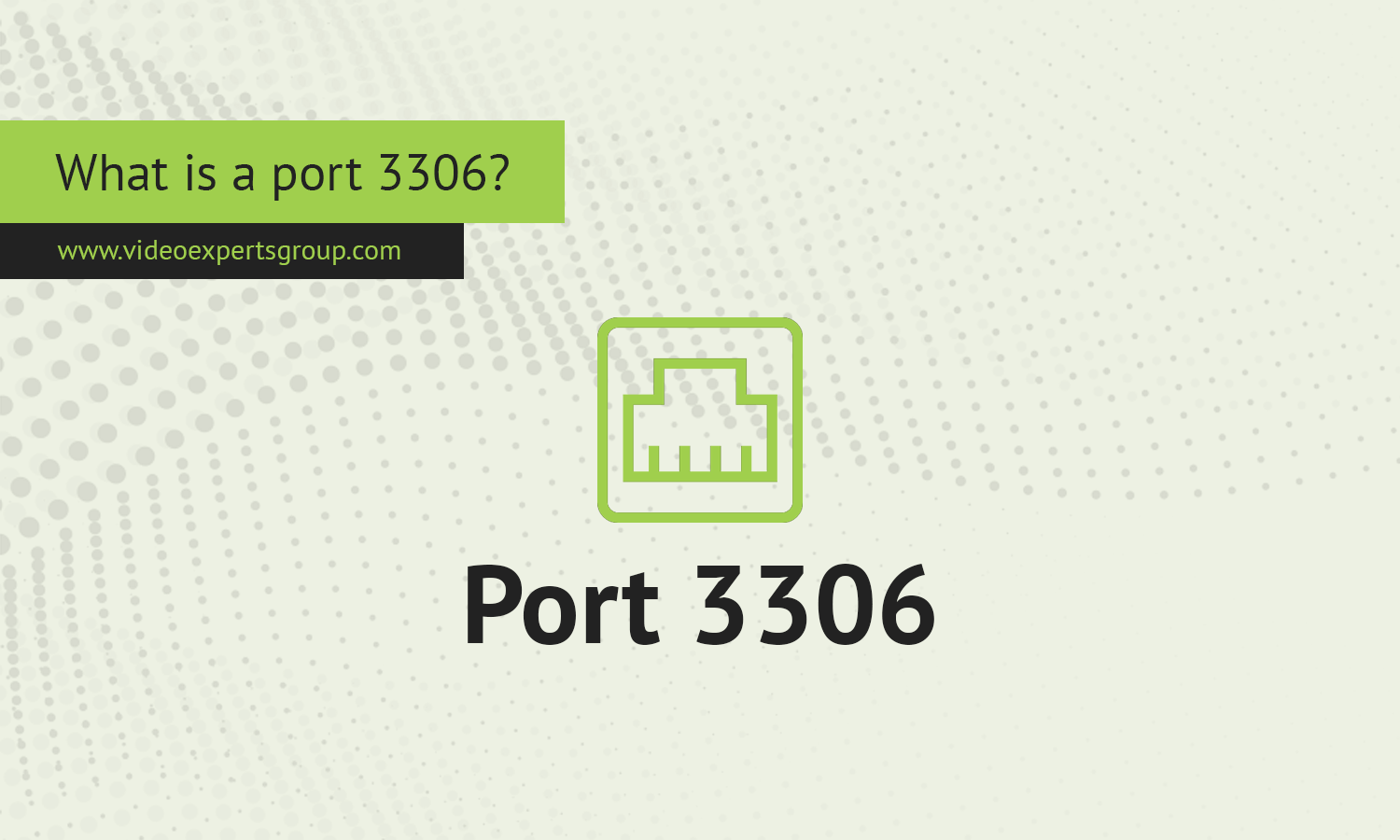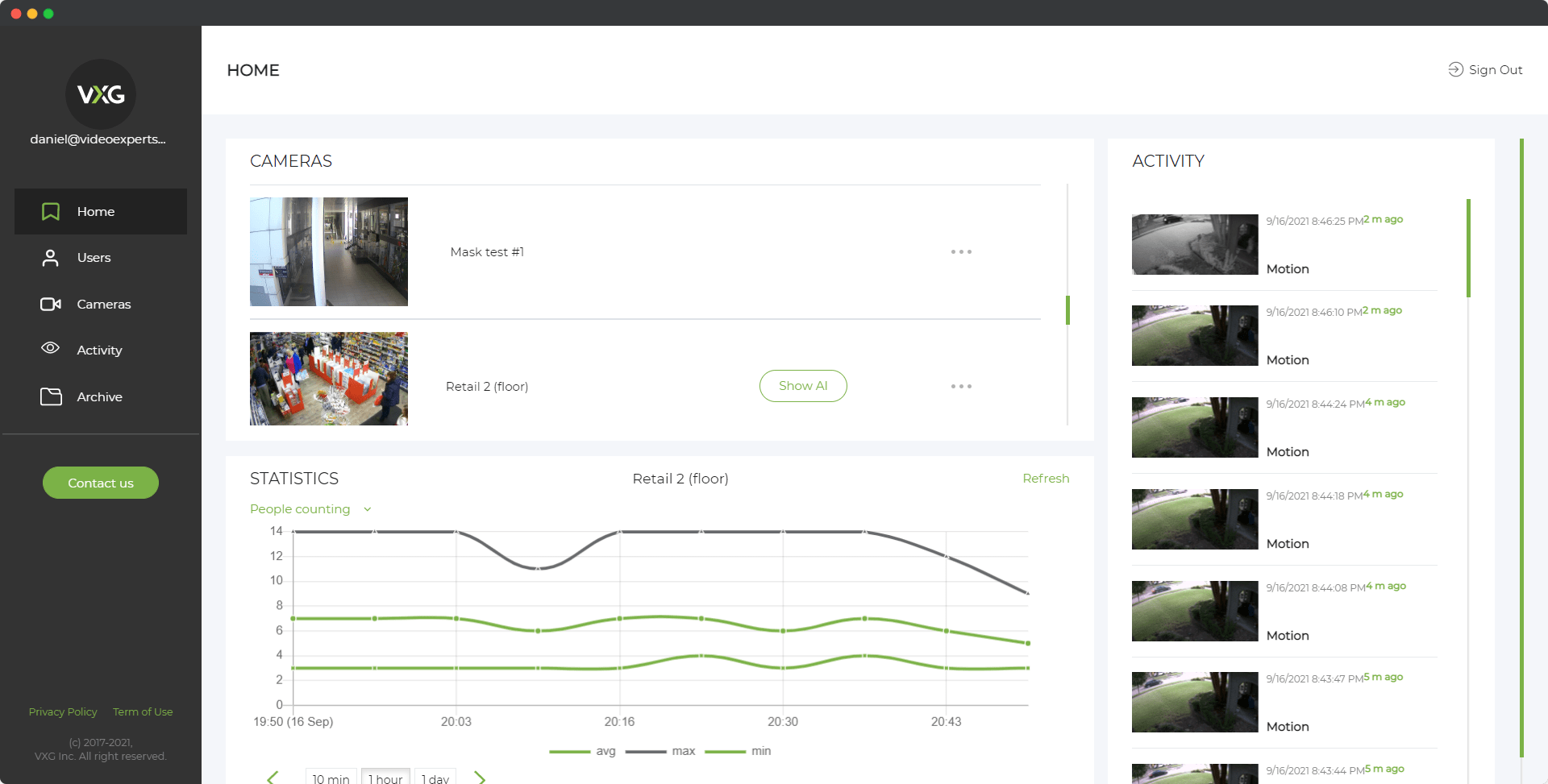Each port is assigned a number that identifies it, and certain ports are associated with specific protocols or services. Port 3306 is one such port, playing a crucial role in the operation of databases, particularly in environments where data management and access are key concerns.
Meaning
Port 3306 is the default port used by the MySQL database management system. MySQL is one of the most widely used relational database systems globally, favored for its performance, reliability, and ease of use. When applications need to connect to a MySQL database server, they do so over Port 3306, facilitating the exchange of queries and data between the client application and the database server.
Operating over the Transmission Control Protocol (TCP), Port 3306 enables reliable, ordered, and error-checked delivery of data between the client and the server. TCP ensures that the connection between the client and the server is established and maintained, which is crucial for the integrity and security of the data being transmitted.
What is Port 3306 Used For?
Database Communication
The primary use of Port 3306 is to handle communication between MySQL clients and the MySQL server. When a client application — such as a web server, desktop application, or another service — needs to access or manipulate data stored in a MySQL database, it sends SQL queries to the MySQL server over Port 3306. The server then processes these queries and returns the results, which could be anything from retrieving data, updating records, or executing complex transactions.
Web Applications
Port 3306 is particularly significant in web development, where MySQL is commonly used as the database backend for dynamic websites. Web applications written in languages like PHP, Python, or Java often interact with a MySQL database to store and retrieve user data, manage content, and perform other database-driven tasks. For instance, when a user logs into a website, their credentials might be verified against a MySQL database over Port 3306.
Data Warehousing and Analytics
Beyond web applications, Port 3306 is also used in data warehousing and analytics environments where MySQL serves as the database engine. Businesses and organizations use MySQL to store large volumes of data, which can then be queried and analyzed to extract insights, generate reports, or support decision-making processes.
Cloud-Based Services
In cloud computing environments, MySQL databases are often hosted on cloud platforms, with applications connecting to them over the internet via Port 3306. This setup allows for scalable and flexible database management, enabling cloud-based services to handle large-scale data operations efficiently.
Vulnerabilities
While Port 3306 is essential for MySQL database operations, it is not without its security challenges. Like any open port, Port 3306 can be a potential target for attackers if not properly secured.
Unauthorized Access
One of the primary risks associated with Port 3306 is unauthorized access. If Port 3306 is exposed to the internet without adequate protection, attackers could attempt to gain access to the MySQL server using brute force attacks or by exploiting weak or default passwords. Once inside, an attacker could view, modify, or even delete sensitive data stored in the database.
To mitigate this risk, it is crucial to implement strong authentication mechanisms, such as using complex passwords, disabling remote root access, and employing IP whitelisting to restrict access to trusted sources.
SQL Injection Attacks
Port 3306 is also indirectly associated with SQL injection attacks, a common security vulnerability in web applications. In an SQL injection attack, an attacker manipulates SQL queries by injecting malicious input into a web application's input fields, potentially gaining unauthorized access to the database or executing unintended commands.
While SQL injection is more of an application-level vulnerability, the fact that queries are executed over Port 3306 means that this port could be involved in such attacks. To protect against SQL injection, developers should use prepared statements, parameterized queries, and input validation to ensure that only safe and expected data is passed to the database.
Data Interception
If data transmitted over Port 3306 is not encrypted, it could be intercepted by attackers using man-in-the-middle (MITM) attacks. In such cases, sensitive information like usernames, passwords, and database content could be exposed during transmission.
To secure data in transit, it is advisable to use SSL/TLS encryption for connections to the MySQL server. This ensures that the data exchanged between the client and the server remains private and cannot be easily intercepted by unauthorized parties.
Port 3306 is a critical component of MySQL, one of the most widely used relational database management systems in the world. It serves as the primary gateway for communication between MySQL clients and servers, enabling a wide range of applications, from web development to data analytics. However, like any network port, it comes with potential security risks. Ensuring that Port 3306 is properly secured through strong authentication, encryption, and best practices in database management is essential for maintaining the integrity and confidentiality of the data it handles.
















